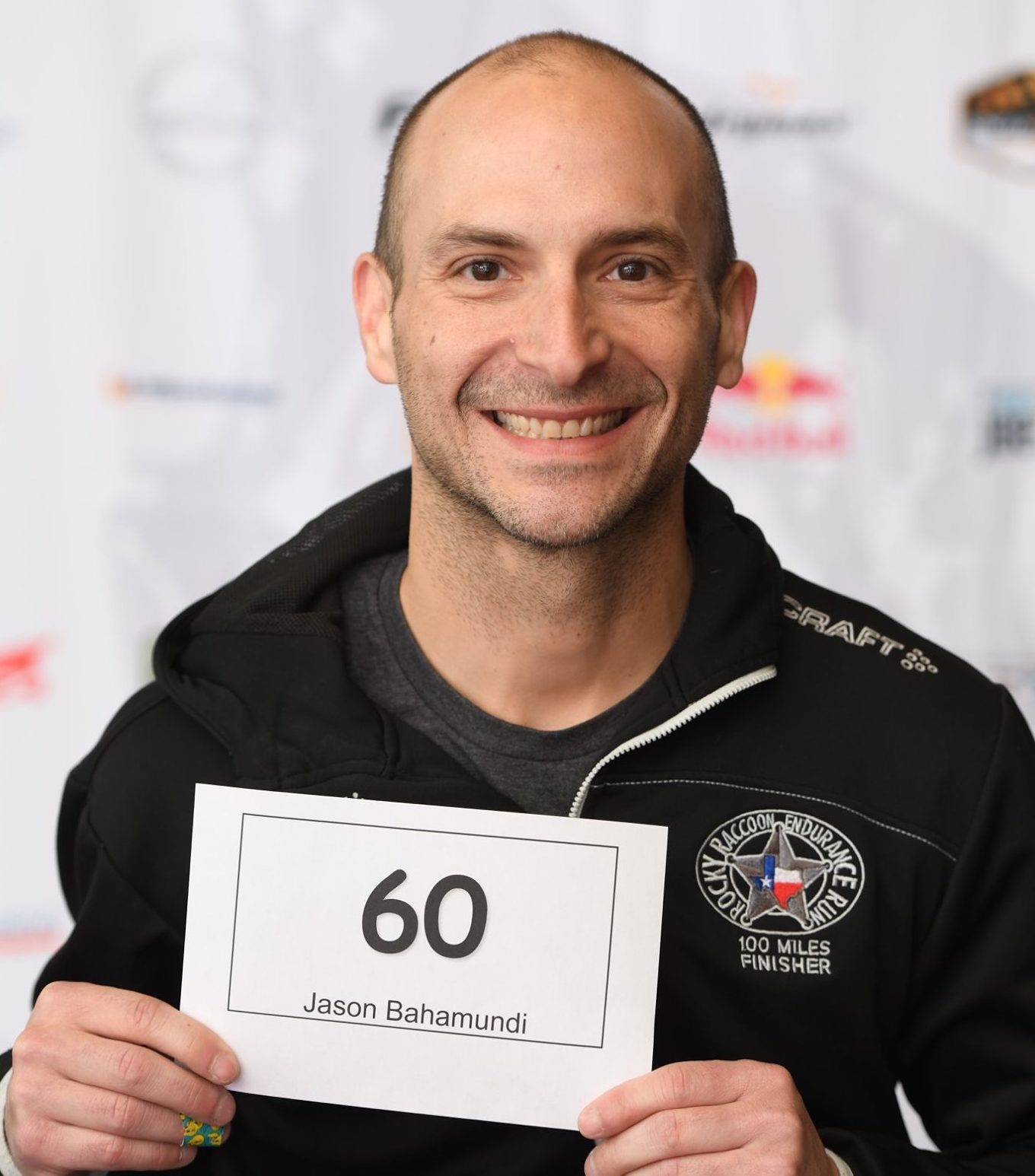Navigating Training and Injuries: Andrew’s Journey To The London Marathon

The route to achieving your goals is often littered with obstacles and unexpected detours. Andrew Marmion, who we have been following, knows this all too well. He is training for his first world major, the London Marathon and had a hurdle placed before him. We chatted with Andrew to catch up on his training journey. He shared with us the unexpected turn he took due to an injury to his hamstring and how he is coming back. How Andrew manages to navigate training and injury will be a key factor in his success on race day.
A few weeks prior to our conversation, Andrew began to feel discomfort in his left hamstring during his runs. Like many athletes, he initially brushed it off, hoping it would resolve on its own. However, as the discomfort persisted and even worsened, Andrew knew it was time to seek professional advice. Reflecting on his decision to consult a physiotherapist, Andrew shared, “Now’s the time to make any sort of pivotal changes that I need to make… I went to the physio.”
The physiotherapist’s assessment revealed weaknesses in Andrew’s left glute, which was contributing to his hamstring issues. Armed with this insight, Andrew made the difficult decision to temporarily halt his training and focus on rehabilitation. Despite the initial frustration of being sidelined, Andrew recognized the importance of prioritizing his long-term health over short-term gains. “As great as [taking time off] was…getting back in afterwards was… emotionally really hard,” Andrew confessed.
Embracing Flexibility in Training
Andrew chatted about the importance of flexibility in training plans. Andrew’s adaptable approach is something that many endurance athletes should embrace.His ability to understand the long-term goal versus the short-term gain allows him to be less stringent. This allows for stress to not build during his time off.
Andrew’s philosophy revolves around efficiency and adaptability. He shared, “I am probably one of the laziest people that you will find. I want to find the most efficient way to do something.” This mindset extends to his training regimen, where Andrew prioritizes quality over quantity and embraces adjustments based on his body’s feedback.
ADVERTISEMENT

Overcoming Mental Hurdles
As Andrew navigated his injury and adjusted his training plan, he faced not only physical challenges but also mental hurdles. Reflecting on the emotional toll of his injury, Andrew admitted, “Thursday’s run was very emotional…I just wanted to cry…that wave of just total emotion…I just wanted to break down.” However, Andrew’s resilience shone through as he persevered through the emotional turmoil, recognizing the cathartic release that running provided.
Training for an event, regardless of distance or your experience, is hard. We set goals for ourselves and do everything we can to achieve them. Sometimes, we push our bodies, and minds, too far. In those moments we need to step back, reset and recognize our achievements. That one moment of reflection can set us up for days and weeks of success as we realize where we were versus where we want to go.
Looking Ahead
Despite the setbacks, Andrew remains focused on his long-term goals, including qualifying for prestigious marathons like the Boston and New York City Marathon. With the support of his physiotherapist and the wisdom gained from his training journey, Andrew approaches each run with determination and purpose.
As the London Marathon gets closer, Andrew’s optimism is very high but uncertainties loom on the horizon, Andrew faces them with a sense of resolve and gratitude. “There isn’t really a race plan yet…There’s eight weeks to go. There’s plenty of time to see,” he remarked, embracing the journey ahead with unwavering determination.
When we train for an event, setbacks are inevitable, but it is our response to these challenges that defines our journey. Through Andrew’s story of adversity, we are reminded of the resilience that propels athletes forward, one stride at a time. Andrew spent time navigating training and injuries to find smooth sailing. Will that ship continue toward the finish line without any reroutes? Time will tell and Andrew will do what is best for his mind and body should any obstacles arise after all, running is a personal journey.
ADVERTISEMENT






